| | Black History Month comes after a summer of confronting the legacy of white interference in black history. Painful for many, from my safe distance the toppling of the statue of the flavour in Bristol has been a beacon of hope in a crazy year. It’s even altered the course of my WIP. But will we learn anything? Will we take the lessons of 2020 into the rest of the decade? Will reading – fiction and non-fiction – keep these issues where they need to be, at the forefront of our minds? |
| For the last few years, I’ve set myself a target of 25% of my reading coming from black and minority ethnic authors. Most years I’ve failed to reach it, but was able to pat myself on the back last year. But I have to count them individually as I neglected to a blog category for writers of colour, but I do have one for racism, which crops up a lot. |
A novel
| This year marks the centenary of the birth of Florence Nightingale (not many miles from where I live), but Mr A, a nurse, isn’t celebrating, as he carries a grudge for her lack of recognition of another pioneer of nursing in the Crimea. Time for me to read more about Mary Seacole in her own words. A genealogy |
| Did I mention my WIP? I’m so excited about where it’s taking me. This hefty book tells of a white man’s quest to uncover the links between the transatlantic slave trade and the area of north-west England where my novel is set. Personal for him, as his ancestors were complicit. Personal for me, because that’s where I’m from. A memoir |
| Also for my WIP, I'm reading about a Scottish poet and novelist: her love for her white adoptive parents and her meetings, following the birth of her own child, with her biological parents. Having heard snippets when this was serialised on the radio, I know that her Nigerian father, a forestry researcher turned born-again preacher, might be somewhat alarming. |
They trod lightly on the earth, but their footprints were visible for those who cared to see. The White Man did not care: fearing their prowess, he stripped them of their language, their culture, their land. Made them a commodity. Robbed them of their worth.
Centuries later, their descendants plough through the dusty trail to dig up the bones of their accomplishments: the hidden histories of science, literature, music and architecture. Scour museums for stolen artefacts, ornaments appropriated when the White Man rewrote their stories, swapped heroes for victim or villain. Let’s be brave now and face the truth.
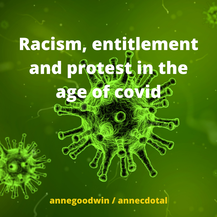
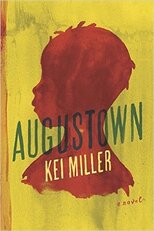
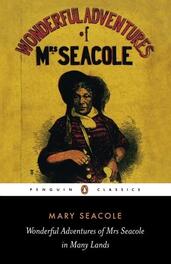
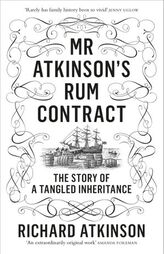
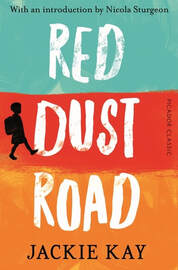
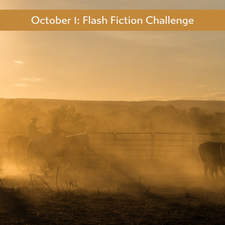





















 RSS Feed
RSS Feed





















